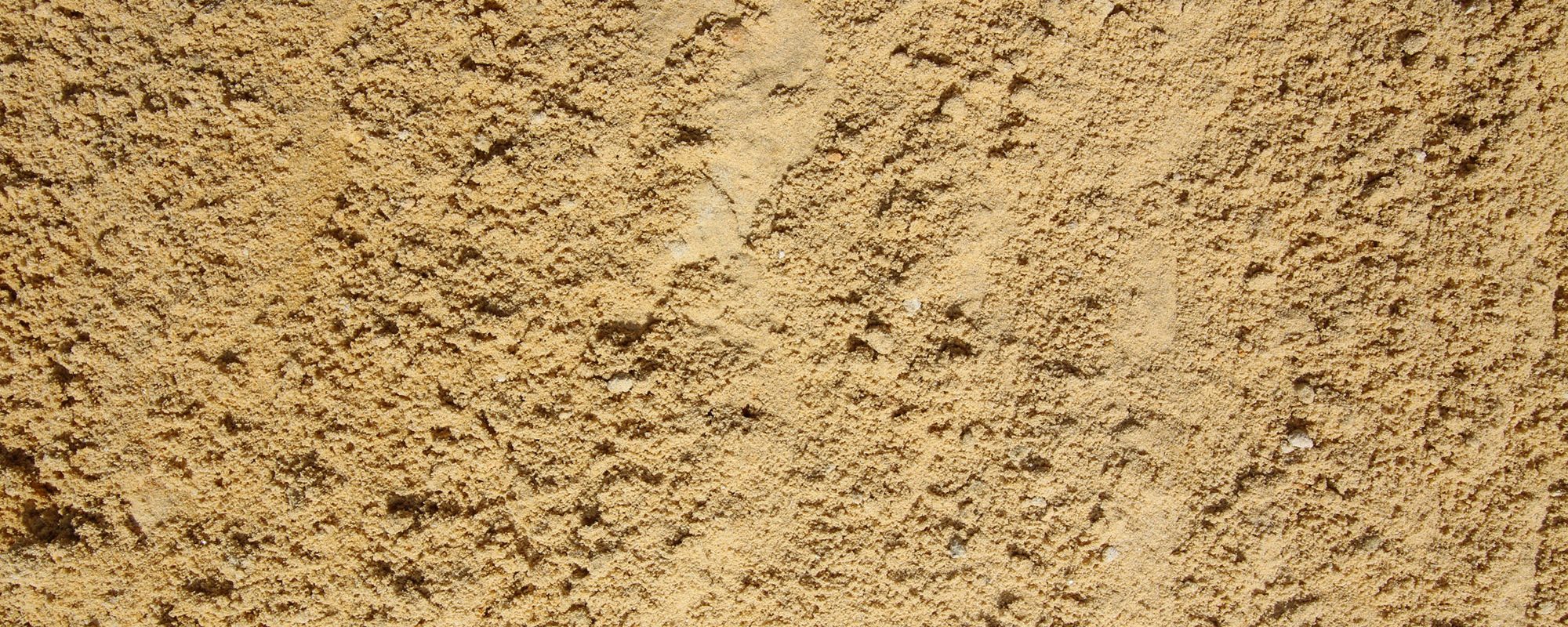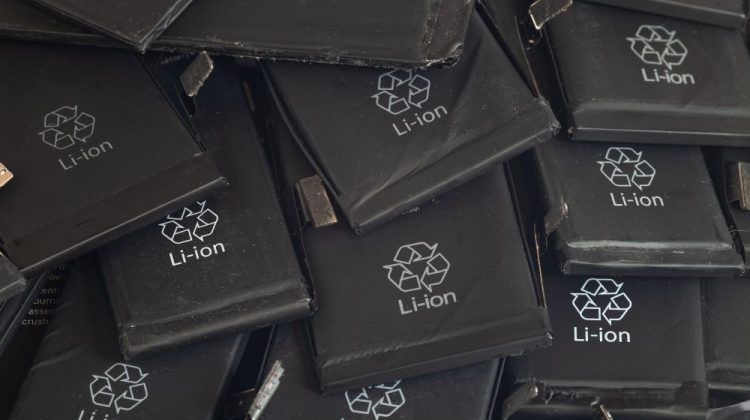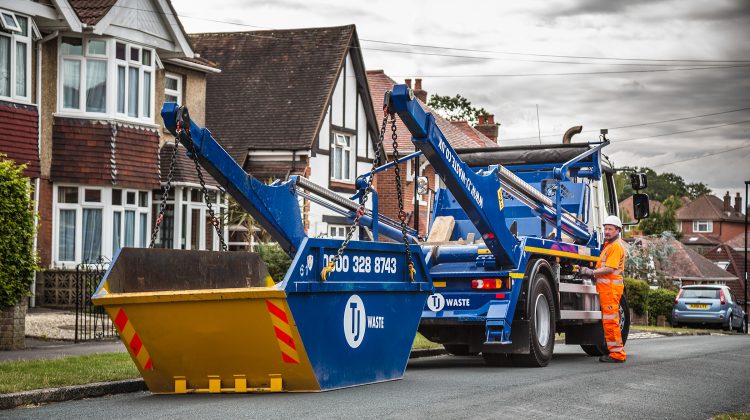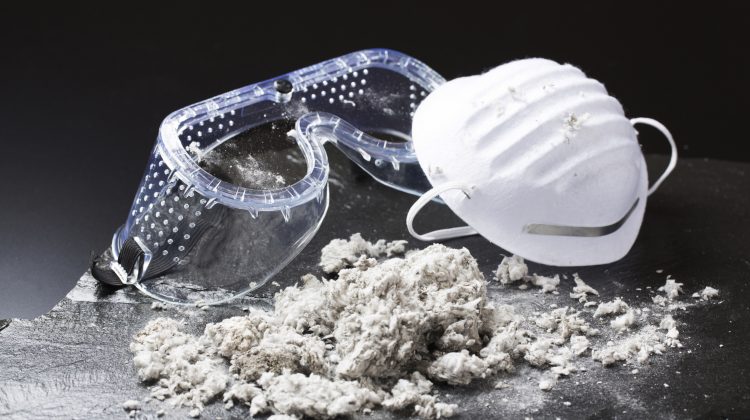Incorrect disposal of lithium-ion batteries can be catastrophic, as the recent fire at our Tipner facility demonstrated. Discover how to safely dispose of these batteries…

Sand has been used as a building material for as long as 6,000 years, when the ancient Egyptians began using it mixed with lime and water to create lime mortar. They used it to plaster the world-famous Pyramids at Giza, one of the seven wonders of the ancient world and the only one still standing.
Sand is a granular material composed of finely divided rock and mineral particles. It is defined by size, being finer than gravel and coarser than silt. There are many different types of sand and many uses too.
Since quarrying commenced at Hythe Quarry in August 2018, TJ have been able to supply much-needed building materials to the construction industry in Hampshire and the surrounding areas. TJ bought into the Forest Lodge site in 2017, after identifying an opportunity to expand their service to include sand supply.
Quarries are where we get a lot of the natural materials needed to carry out the growing number of construction projects that are scheduled in the UK for the coming years. Two products are extracted from Hythe Quarry: soft sand and a well-graded golden gravel.
Hythe Quarry was identified in the Hampshire Minerals and Waste Plan (2013) as ‘the best option for continuing a local supply of soft sand and sharp sand and gravel from this part of south Hampshire’. Planning permission for mineral extraction and restoration was granted in March 2017.
TJ are proud members of the Mineral Products Association (MPA), ensuring our core values and best practice aligns with quarry operators all around the UK. This is embodied by the company’s slogan: ‘Excellence. Delivered safely’.
We use an estimated 15 billion tonnes of sand every year in the construction industry alone. That’s enough to build a 20m x 20m wall around the equator every year!
The sand from Hythe Quarry is suitable for blinding, bedding, general fill and mortar. It is also often used as a plastering sand.
Concrete: Sand is often a principal component of this critical construction material.
Brick: Manufacturing plants add sand to a mixture of clay and other materials for manufacturing bricks.
Mortar: Sand is mixed with masonry cement or Portland cement and lime to be used in masonry construction.
Trench fill: Trench fill foundations are a type of shallow foundation that allows bricklaying below ground to be avoided. Instead, concrete is used – which is made using sand – and it is poured to within 150 mm of the surface ground level.
Our sand is 0/1mm, has virtually no silt and is 99% silica, making it an ideal bedding sand for cattle. As an inert material, it doesn’t provide a substrate for bacteria and bugs to grow, which prevents mastitis and helping to keep somatic cell counts down.
Our cattle bedding sand is thoroughly analysed to ensure a consistent high quality product. We send a sample to OEMAchem Ltd every quarter and it has been found to be fully compliant as an 0/1mm sand as described.
If you’re in the construction or groundworks business and want more information about our sand or using us as your sand supplier, please get in touch.

Incorrect disposal of lithium-ion batteries can be catastrophic, as the recent fire at our Tipner facility demonstrated. Discover how to safely dispose of these batteries…

Skip and grab hire are both great options for your domestic or commercial projects. There are advantages to both depending on your project, so read on to discover which option would be best suited to your requirements.

Asbestos is a highly toxic and hazardous waste material that must be removed and disposed of properly by professionally licensed companies. We’re licensed to carry hazardous materials such as asbestos and can provide you with the complete service…
Change your stored postcode to update prices for your location.